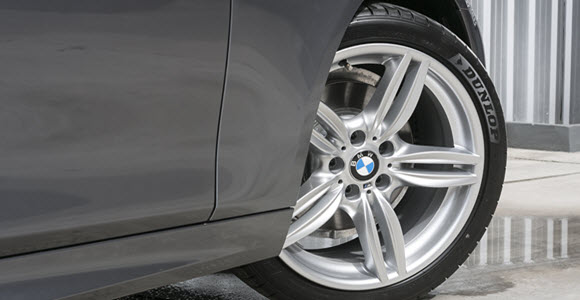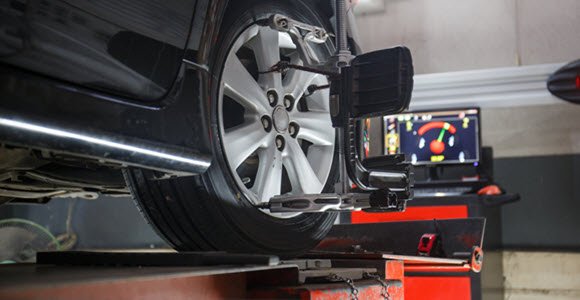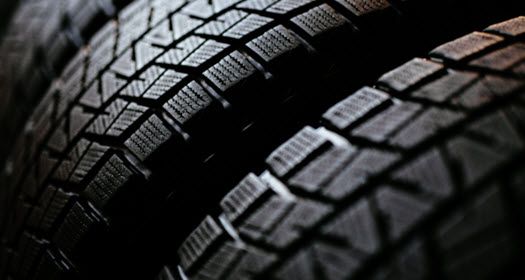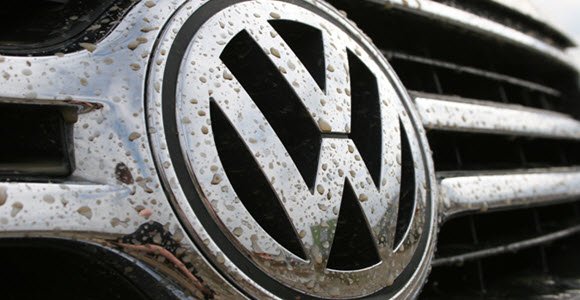Secrets to Help Your BMW Demand Less Maintenance
Posted on | 29 Nov 2017 By Anita Gaal
BMWs are designed and engineered to outperform nearly all other luxury vehicles on the market. Each year, drivers rate BMWs the highest out of many other options available; however, any vehicle, including BMWs, only perform at their best when the driver or owner follows routine maintenance procedures. Even cars with reputations like BMWs can break down and begin to fail on us. While it is impossible to avoid automotive care, there are certain things you can do as a BMW owner to cut down on repair costs and help your car demand less maintenance over the course of its lifetime. Here are some secrets that will help extend the life of your BMW and lessen the overall amount of maintenance expenses over time.
Follow the Scheduled Maintenance Plan
Every vehicle manufacturer creates a specified maintenance plan for each model. Every brand is different, but furthermore, so is every model within a brand. For instance, the BMW 7 Series will need a different schedule of maintenance than the 3 Series. Following the scheduled maintenance plan for your specific BMW is the best way to organize your expectations in terms of cost and time management over the course of your BMWs lifetime. The maintenance plan set forth by the manufacturer is designed to help your BMW perform optimally—when you don’t follow this plan, parts and services can become neglected, leading to costly repairs and higher need for maintenance.
Don’t Wait to Have Troubling Symptoms Checked Out
The longer a problem continues, the more likely your car is to experience further damage, and therefore a higher repair bill. Your BMW is an intricate system of many different subsystems and parts that all work together to function at their best. When you notice a sign or a symptom that something isn’t working quite right, you should bring your BMW in to the nearest, most trusted BMW specialist. Troubling symptoms that continue or get worse should be thoroughly inspected before the problem spreads to other systems and areas of the vehicle. The longer you wait, the more likely that you’ll wind up paying a fortune in various repair costs.
Regular Oil Changes
Many drivers underestimate the importance of routine oil changes. You can find the recommended schedule for oil changes in your vehicle’s owner’s manual. Generally oil changes should be performed once every 3 months or 3,000 miles; however, this is based on an average of the typical drivers’ conditions and habits. You can speak with your BMW specialist to see if you can cut down on oil changes, but they should never be eliminated or forgone. Oil changes help keep your engine’s oil clean and running smoothly, lubricating vital parts of your engine. If your oil becomes dirty, it can become defective. Oil filters should also be changed often.
Find Professionals Who Specialize in BMWs
There are many misconceptions about the automotive industry. One of them is regarding who you must bring your vehicle to for inspections, services, repairs, and maintenance work. Bringing your BMW to any average mechanic who does not have specific knowledge and training background in German-engineering can be detrimental to your wallet and to your car’s life expectancy. Another misconception is that you must bring your BMW to the BMW dealership for servicing. Dealerships often overcharge their clients because of this common misconception, but it is important to know that most BMW dealerships do not hire technicians with any specific training in BMW repair.
Our Approach to BMW Care
Euro Automotive specialists, serving Dallas, Garland, Arlington, and Fort Worth, Texas, are specifically trained and skilled in working with BMWs and other German-engineered cars. We take pride in our philosophy on educating and informing our clients about basic automotive knowledge so that they can get a better picture of the work we do, as well as care for their vehicles appropriately. Furthermore, we offer up to 25% lower pricing than dealerships nearby so that the same services can be performed on clients’ BMWs at a more affordable price. If you would like more information about the services we provide or would like to schedule an appointment to have your BMW inspected or diagnosed, contact us today—we look forward to helping more people save money and extend their vehicle’s longevity.
Featured image credit goes to: joephotographer.


















